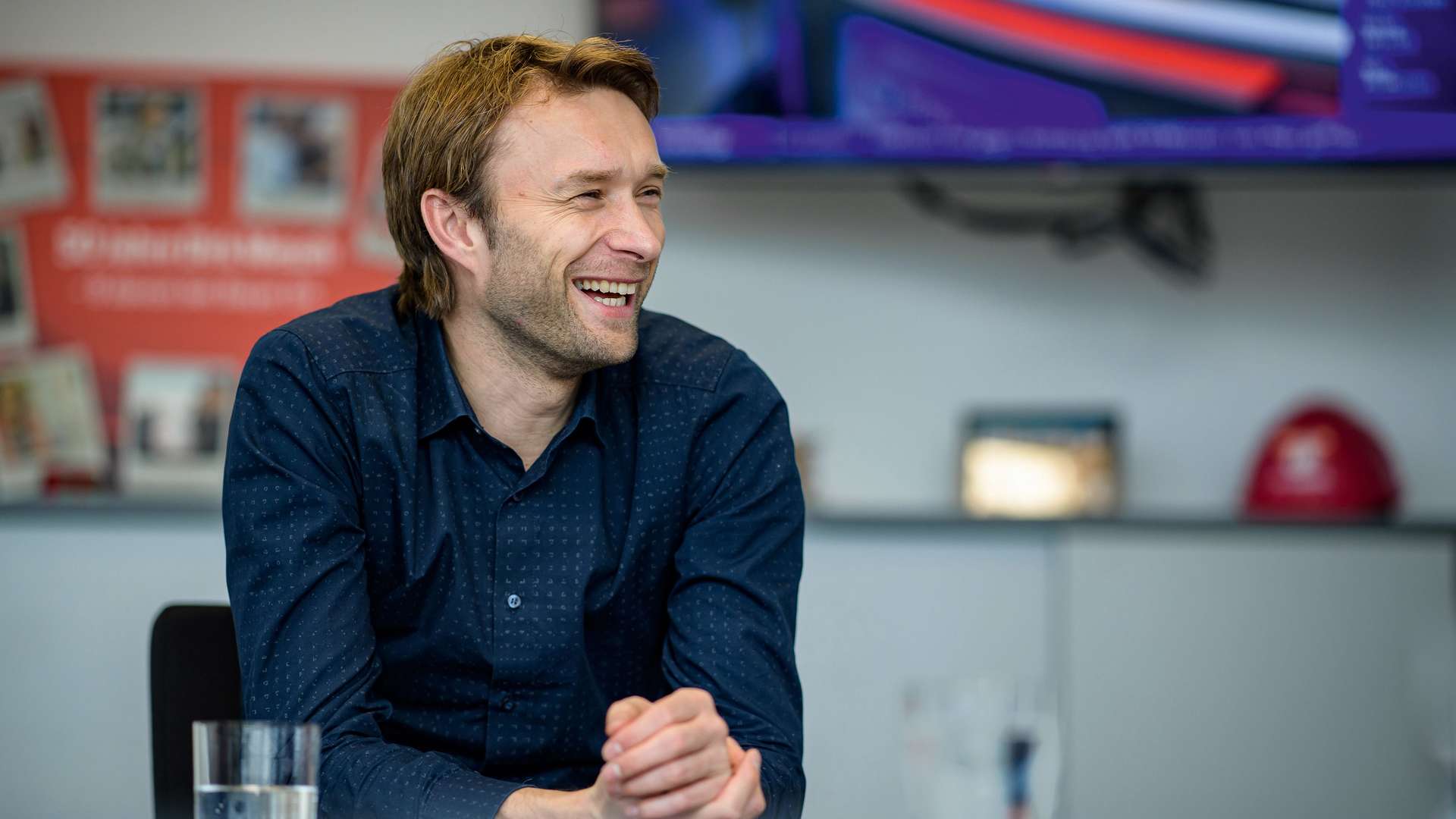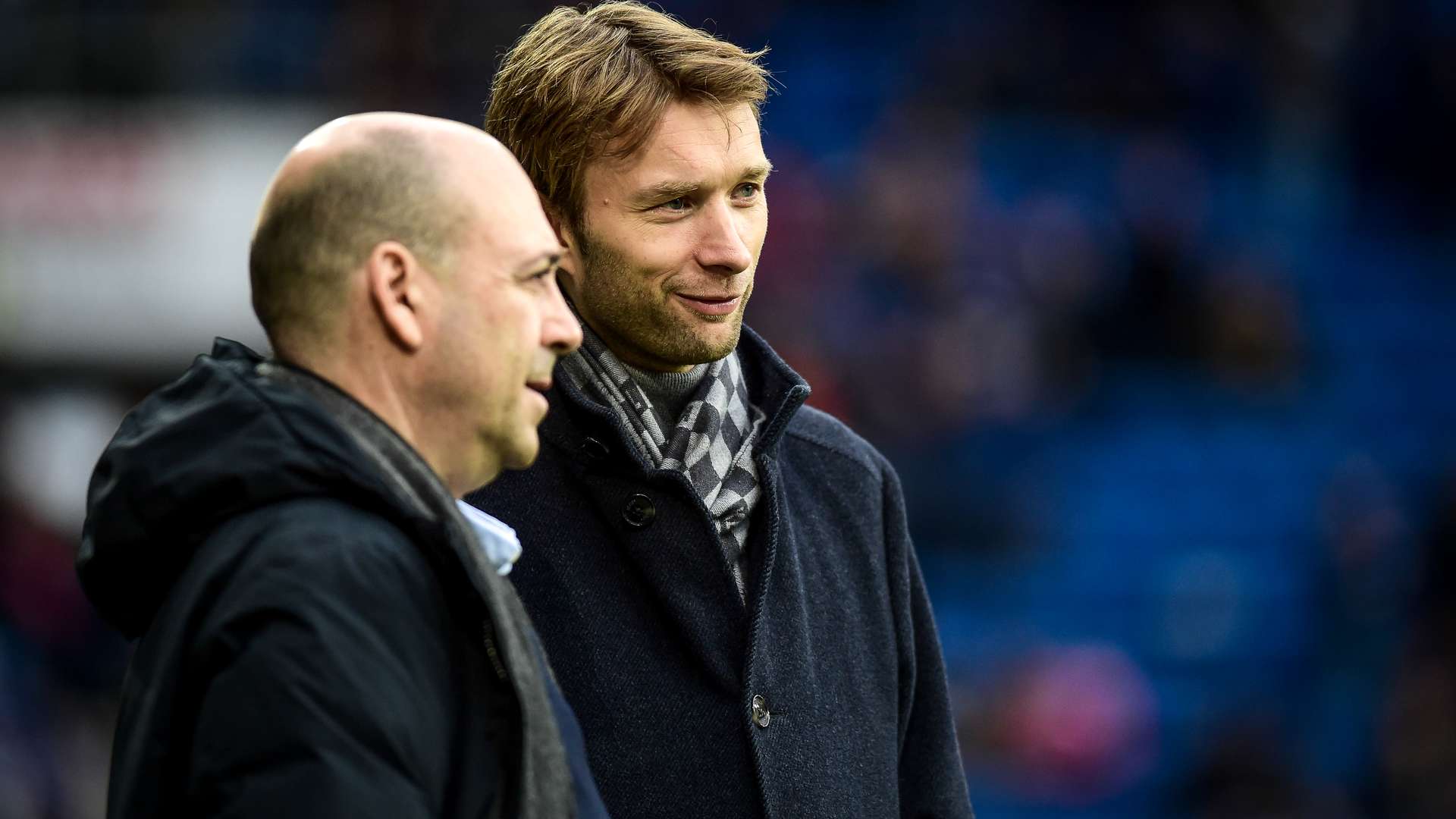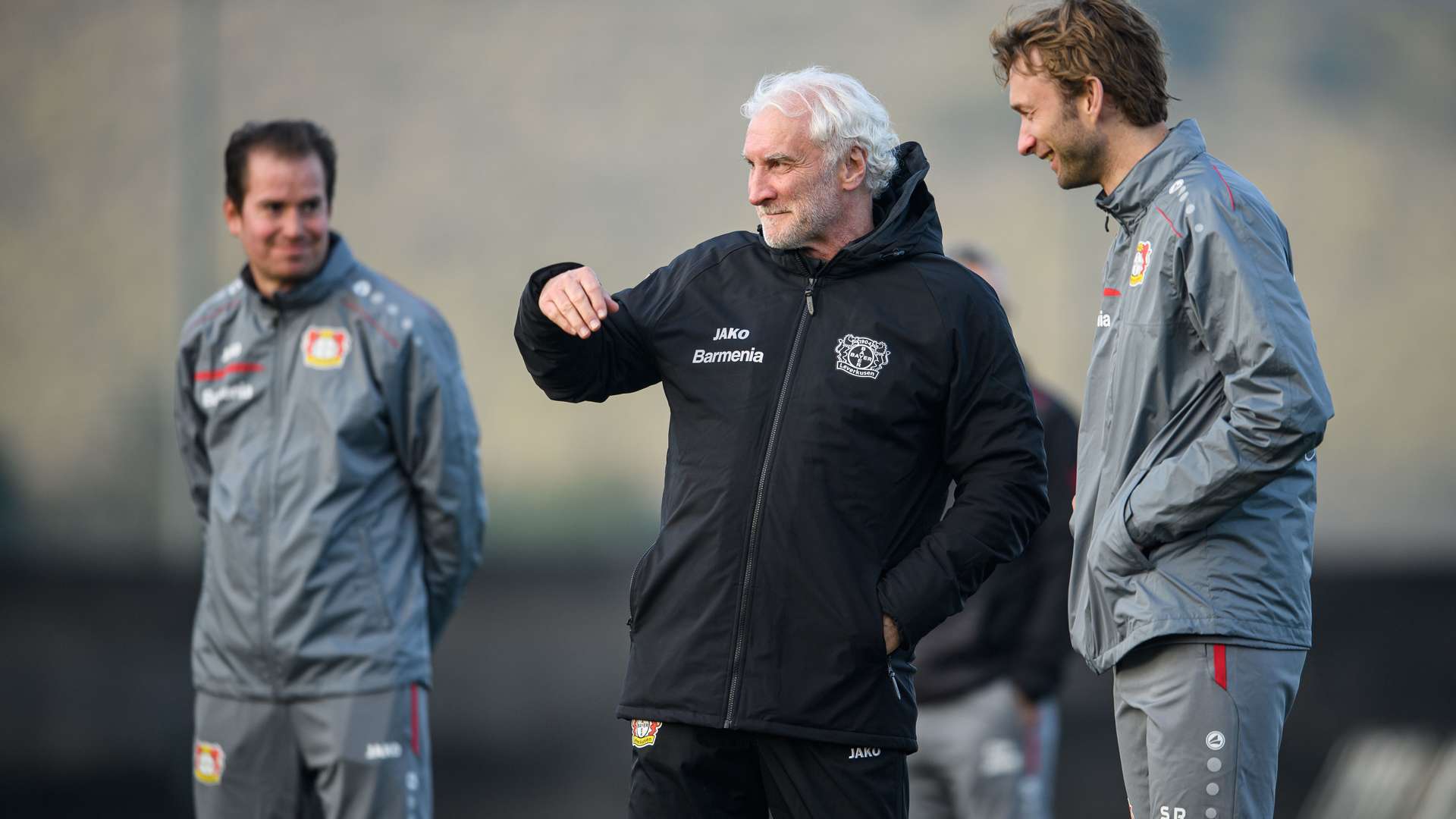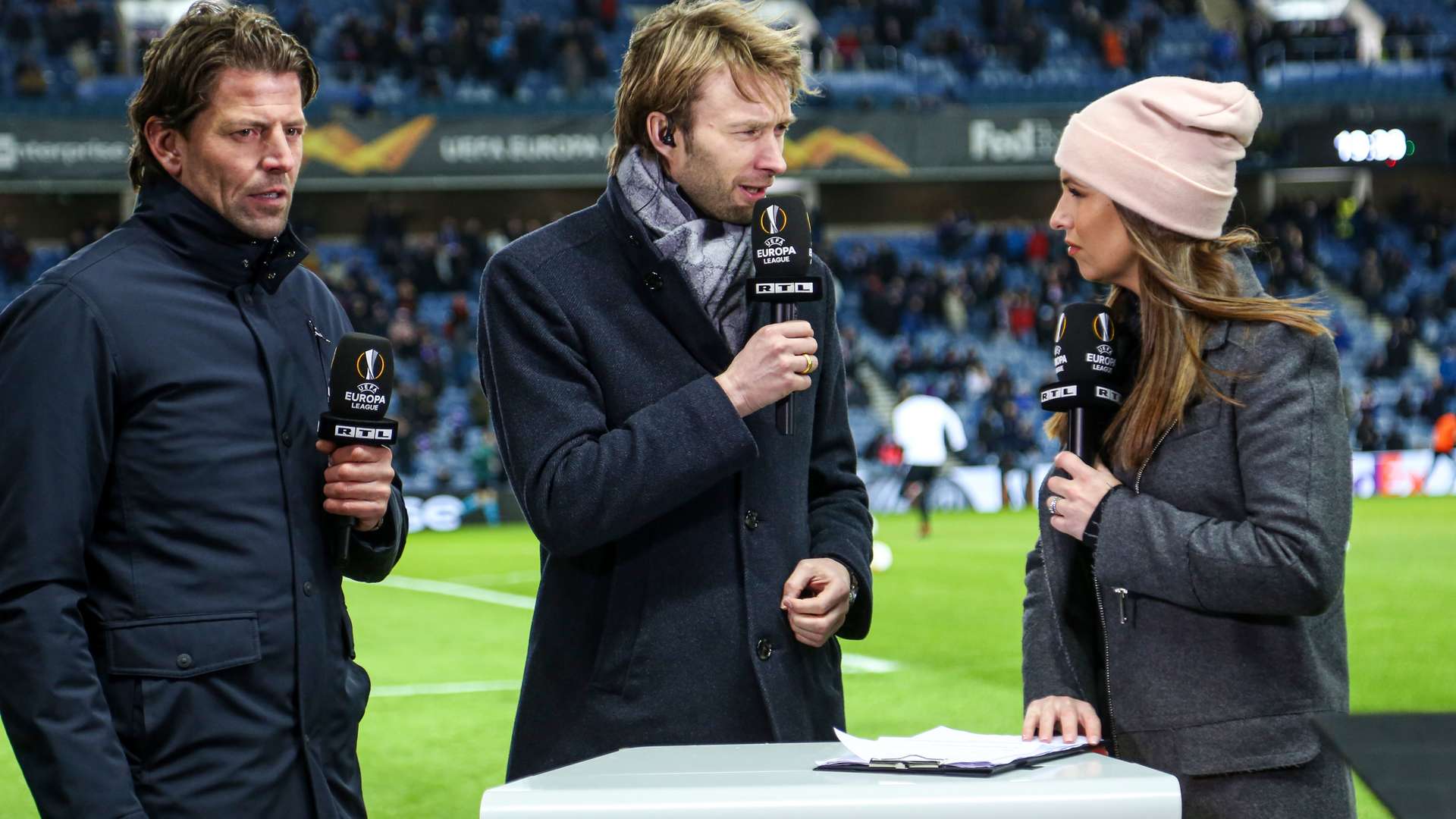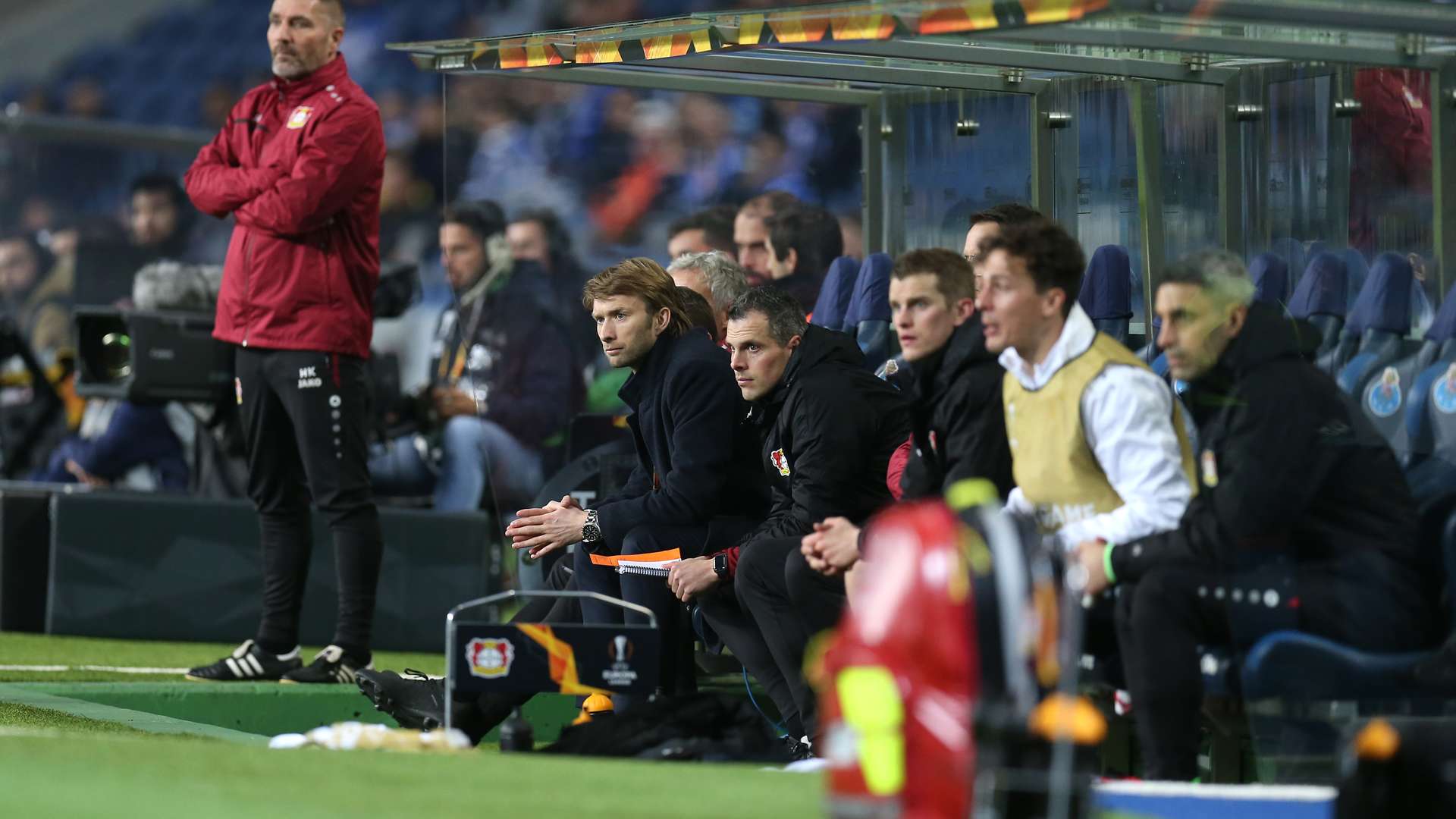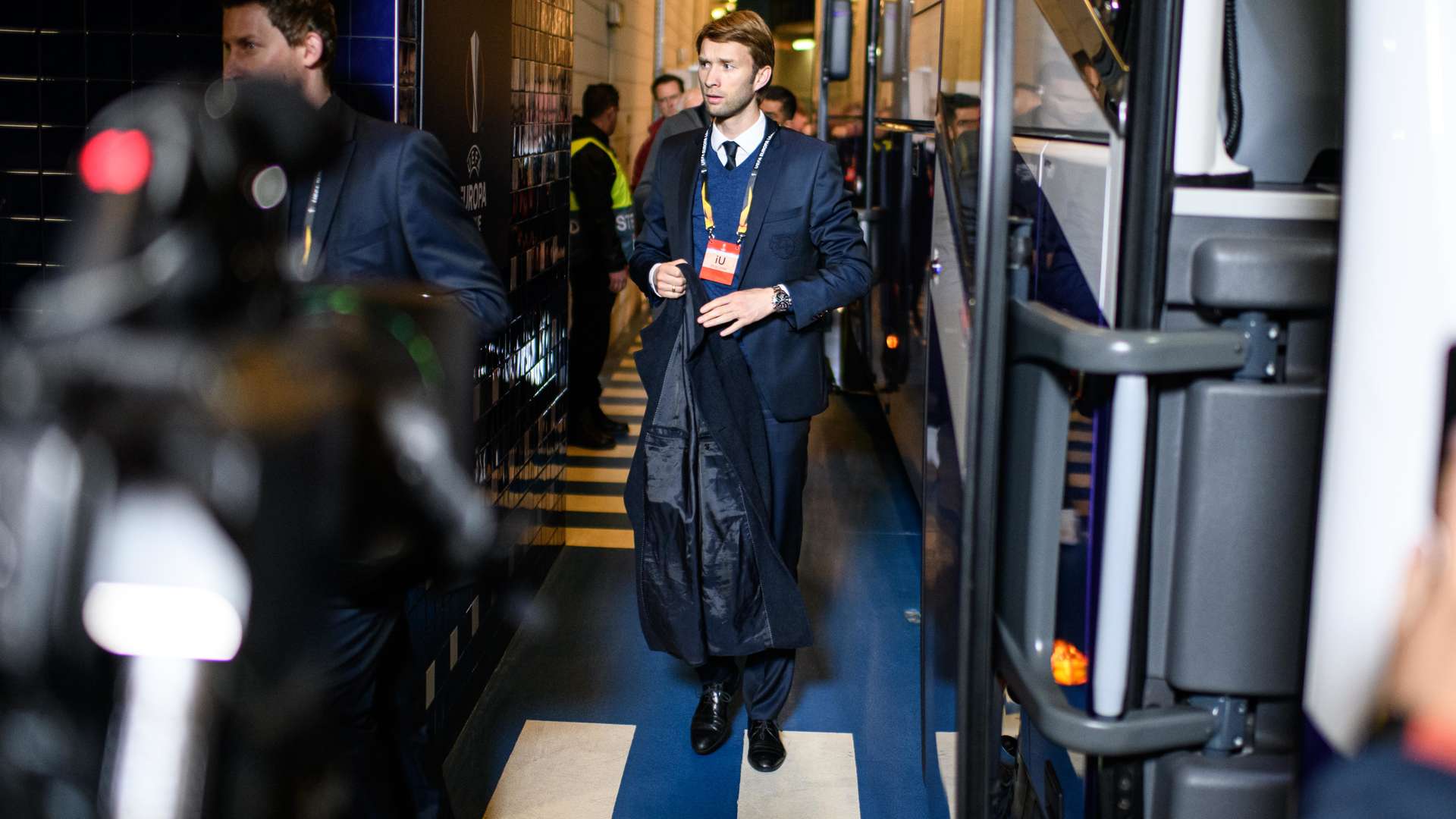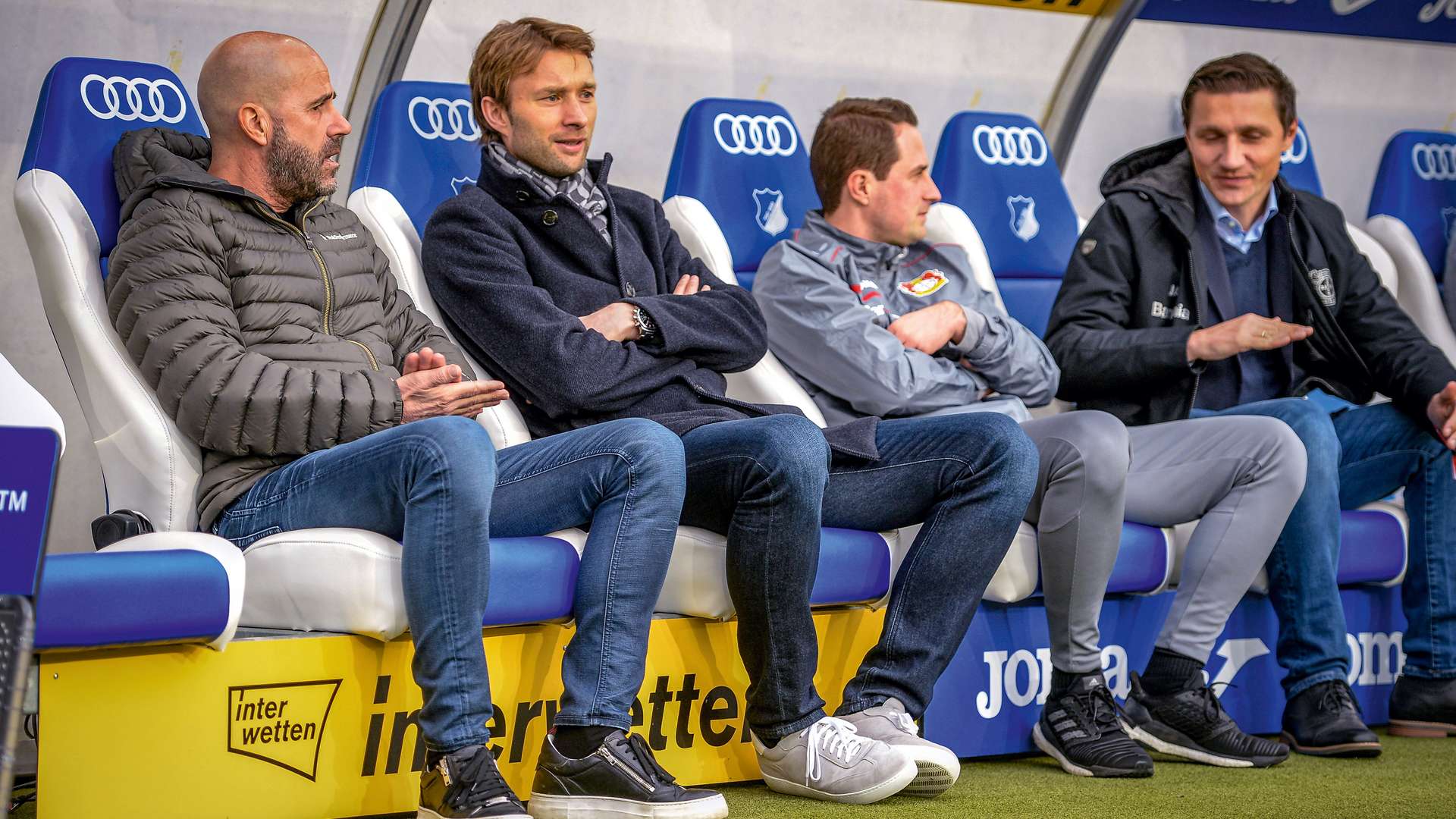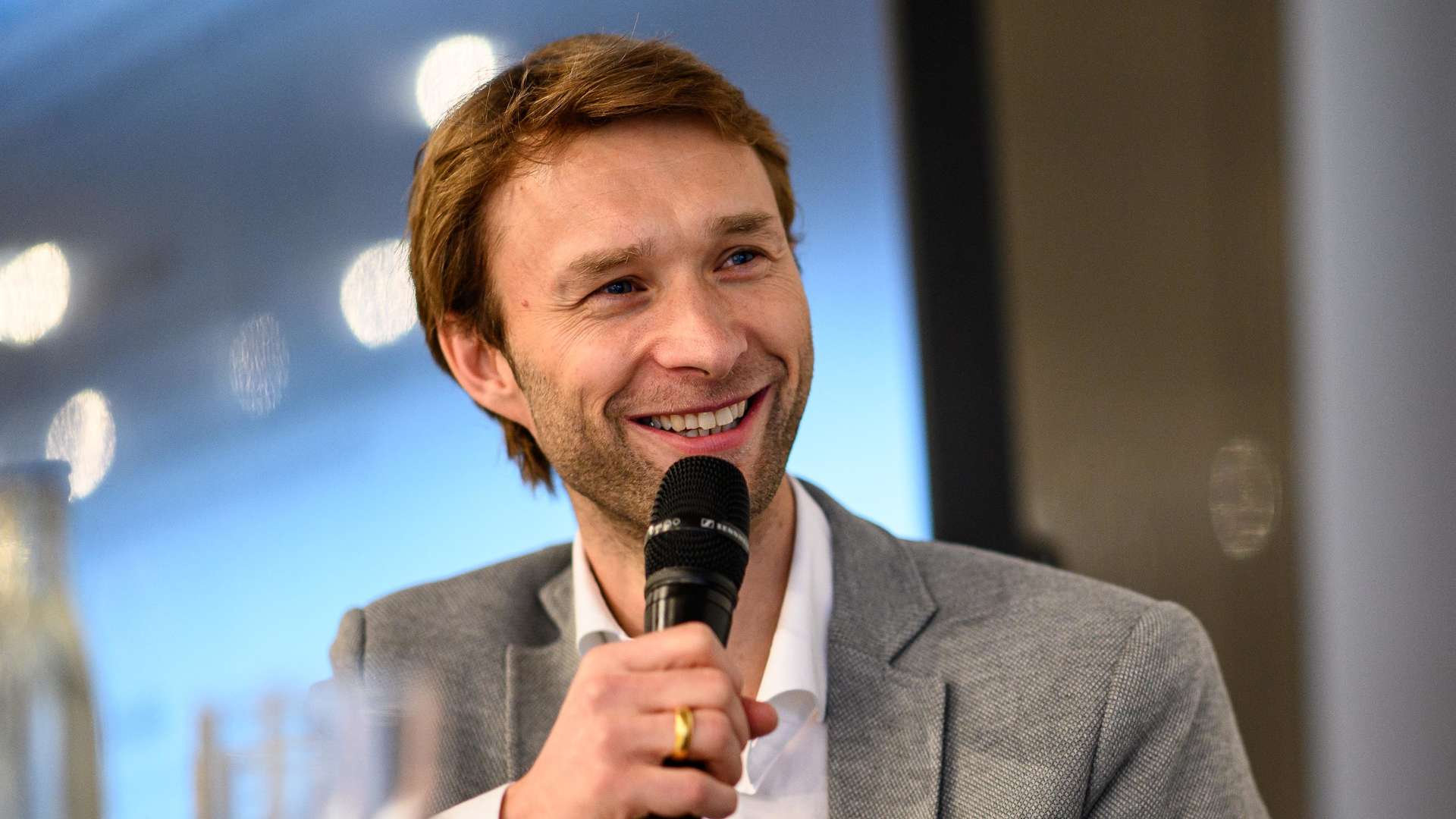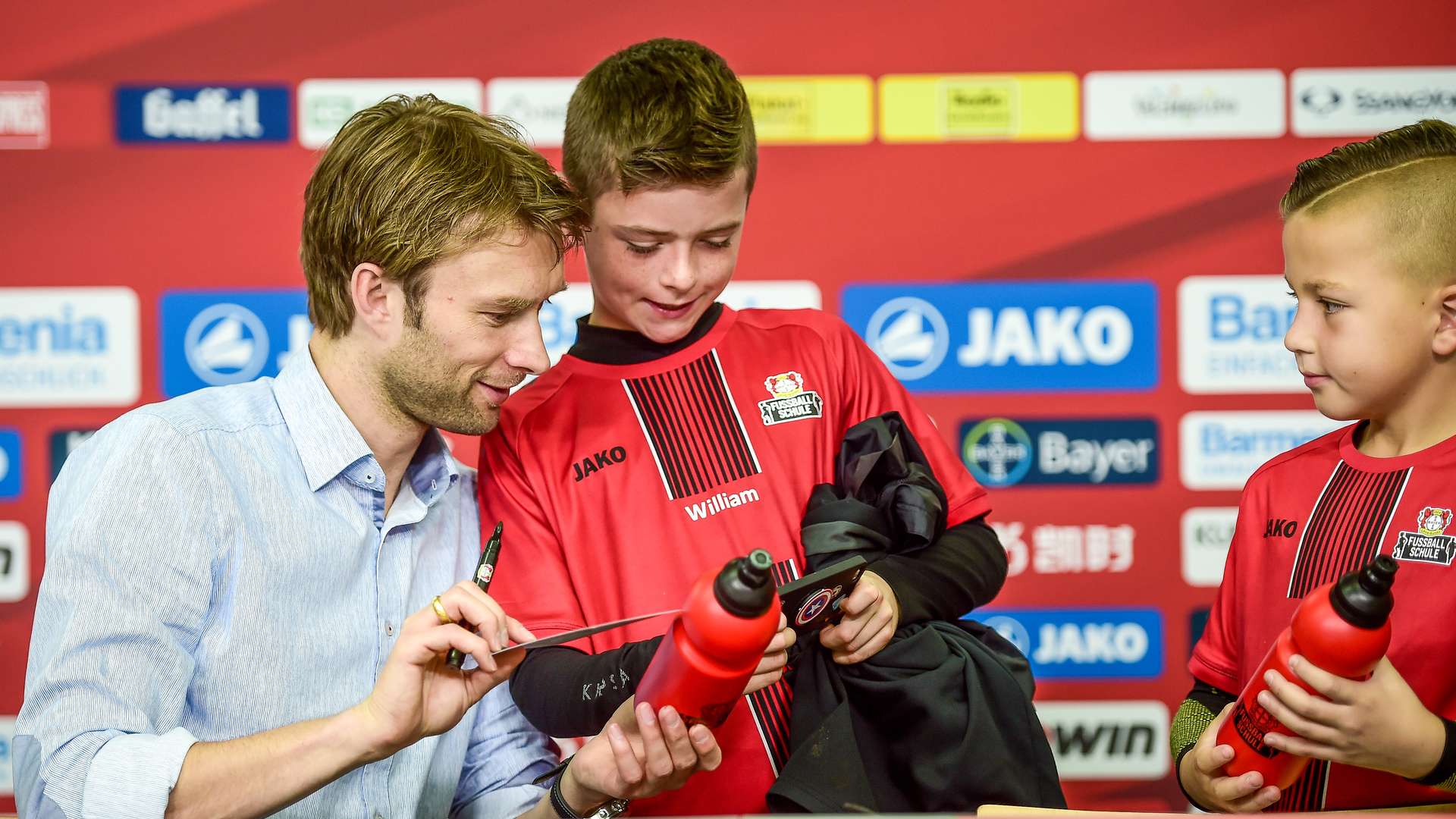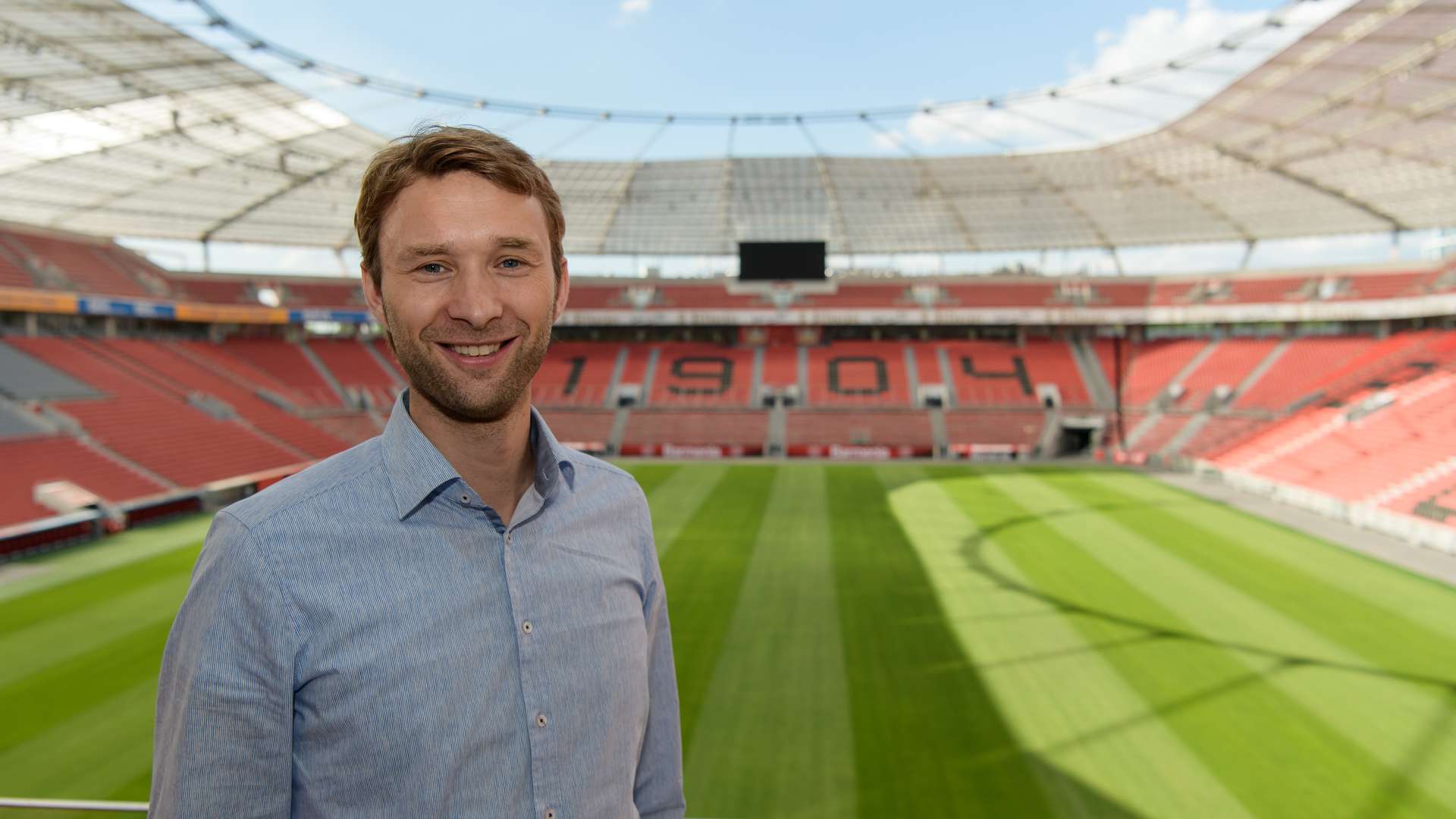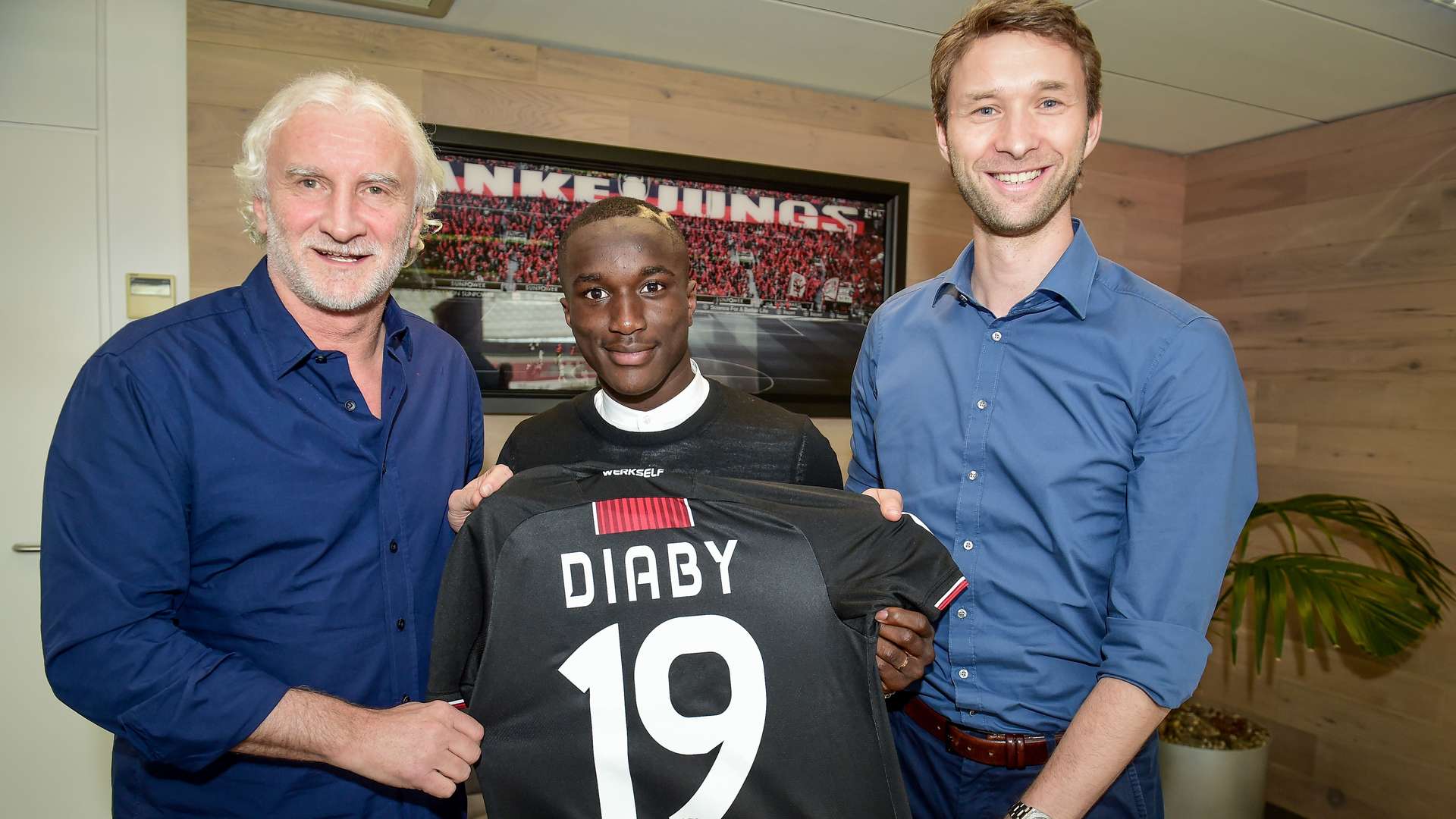Simon Rolfes: From midfield dynamo to decision maker
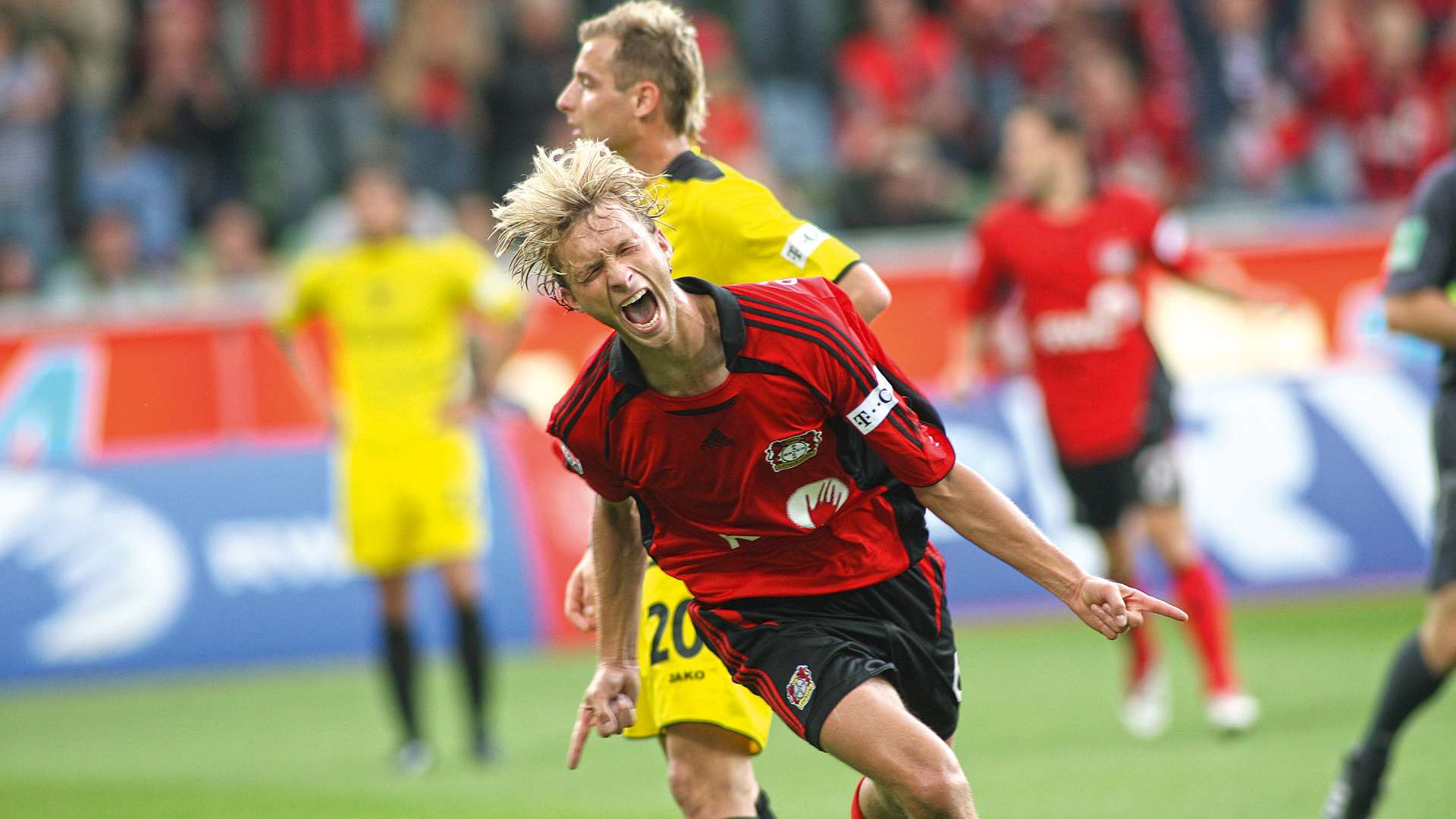
„ I speculated Leverkusen wanted to do some business in that position
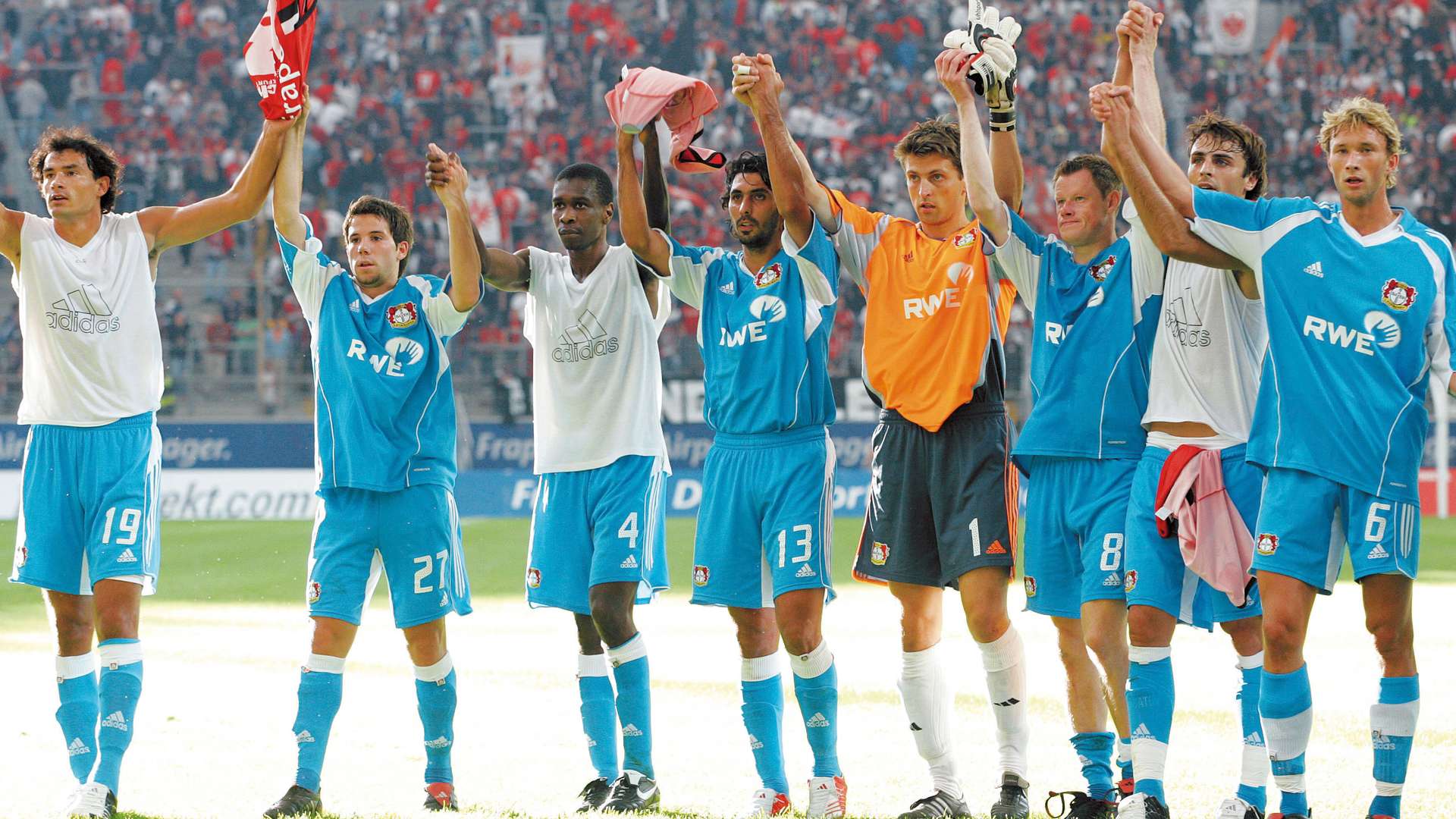
The first time at long last: Simon Rolfes (right) after his Bundesliga debut in the 4-1 win for Bayer 04 in Frankfurt.
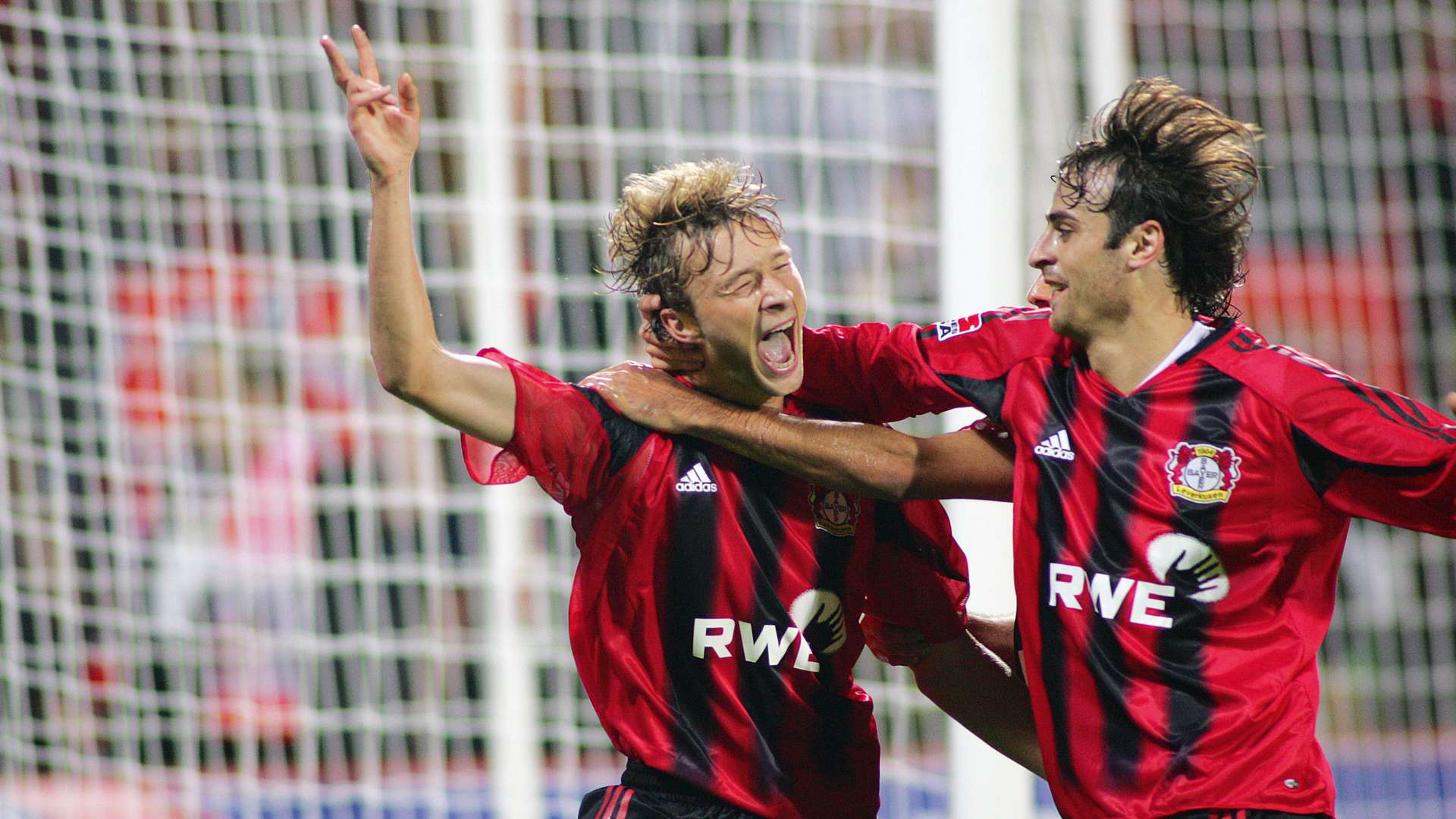
Pure emotion: Rolfes celebrates his first Bundesliga goal in the derby against FC Köln with Dimitar Berbatov.
„I had the feeling, okay, here we go
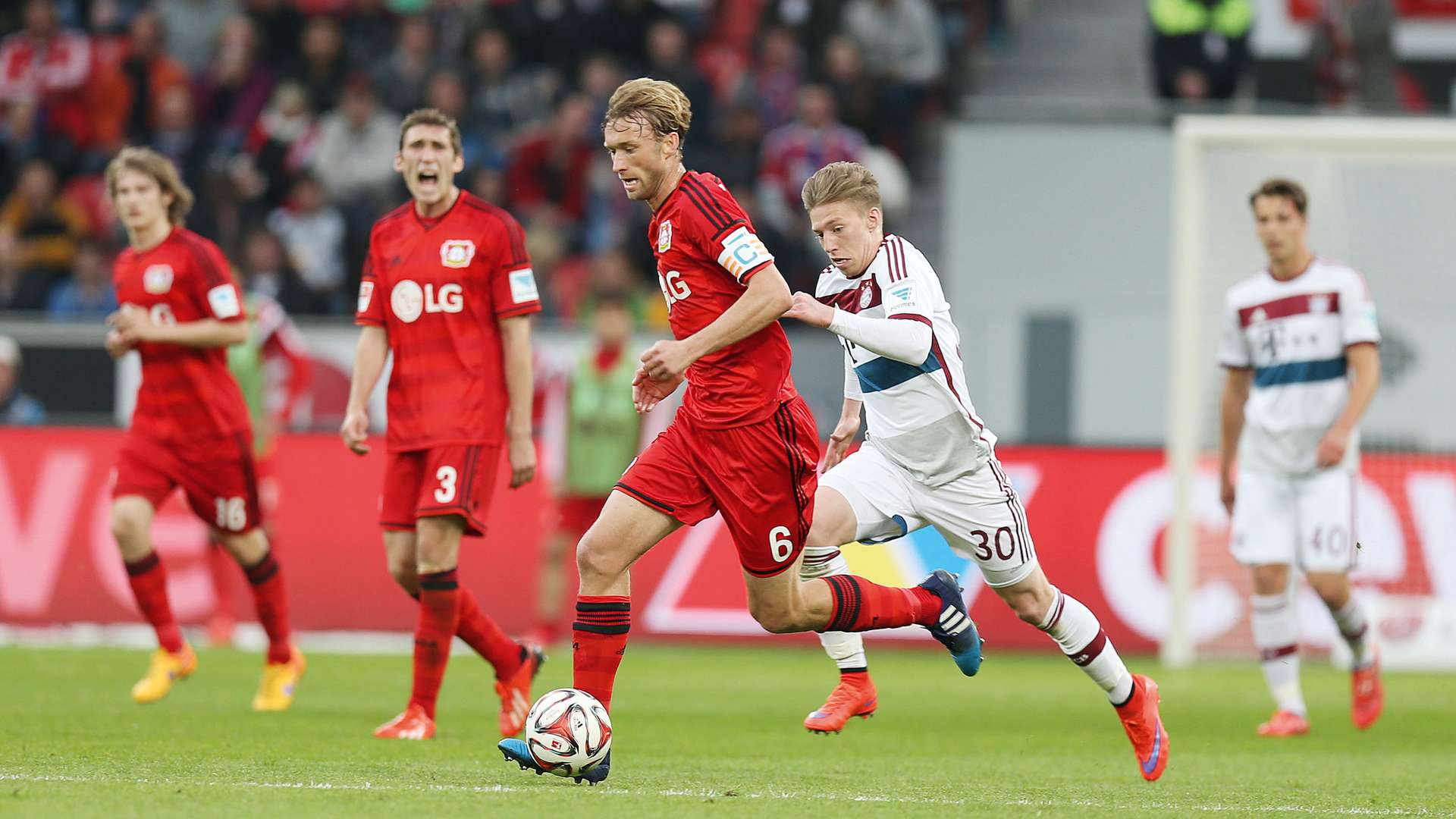

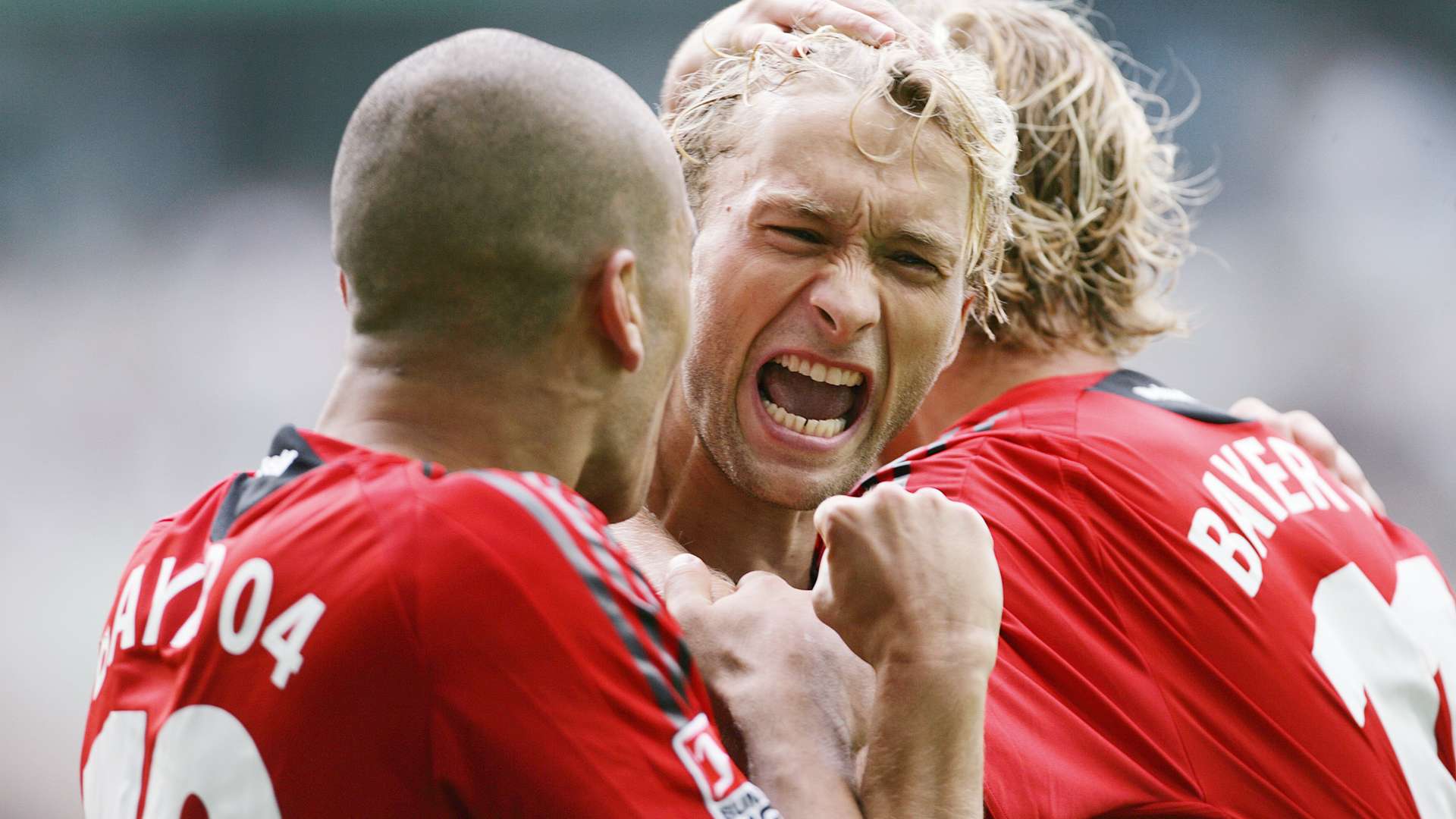
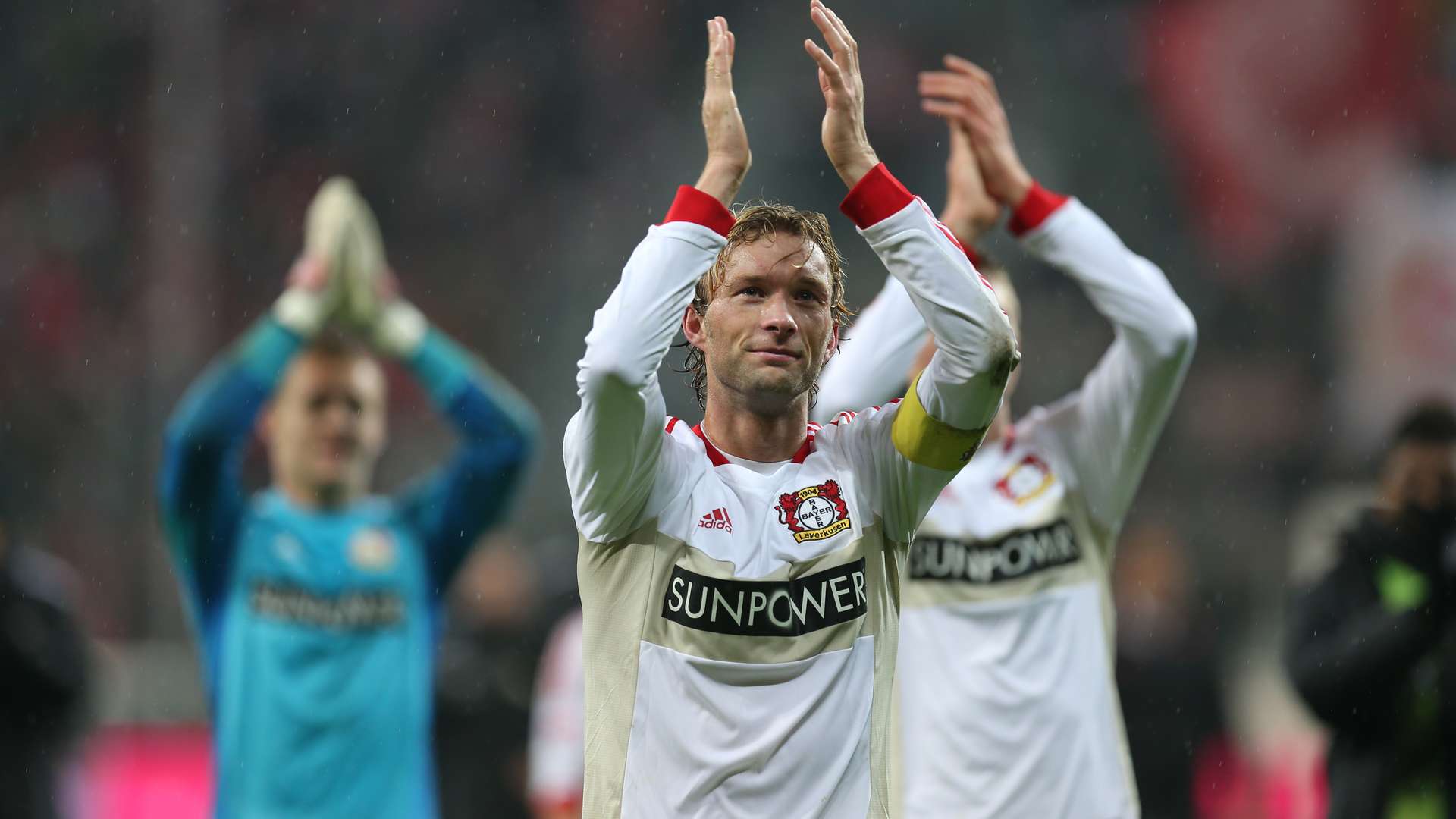
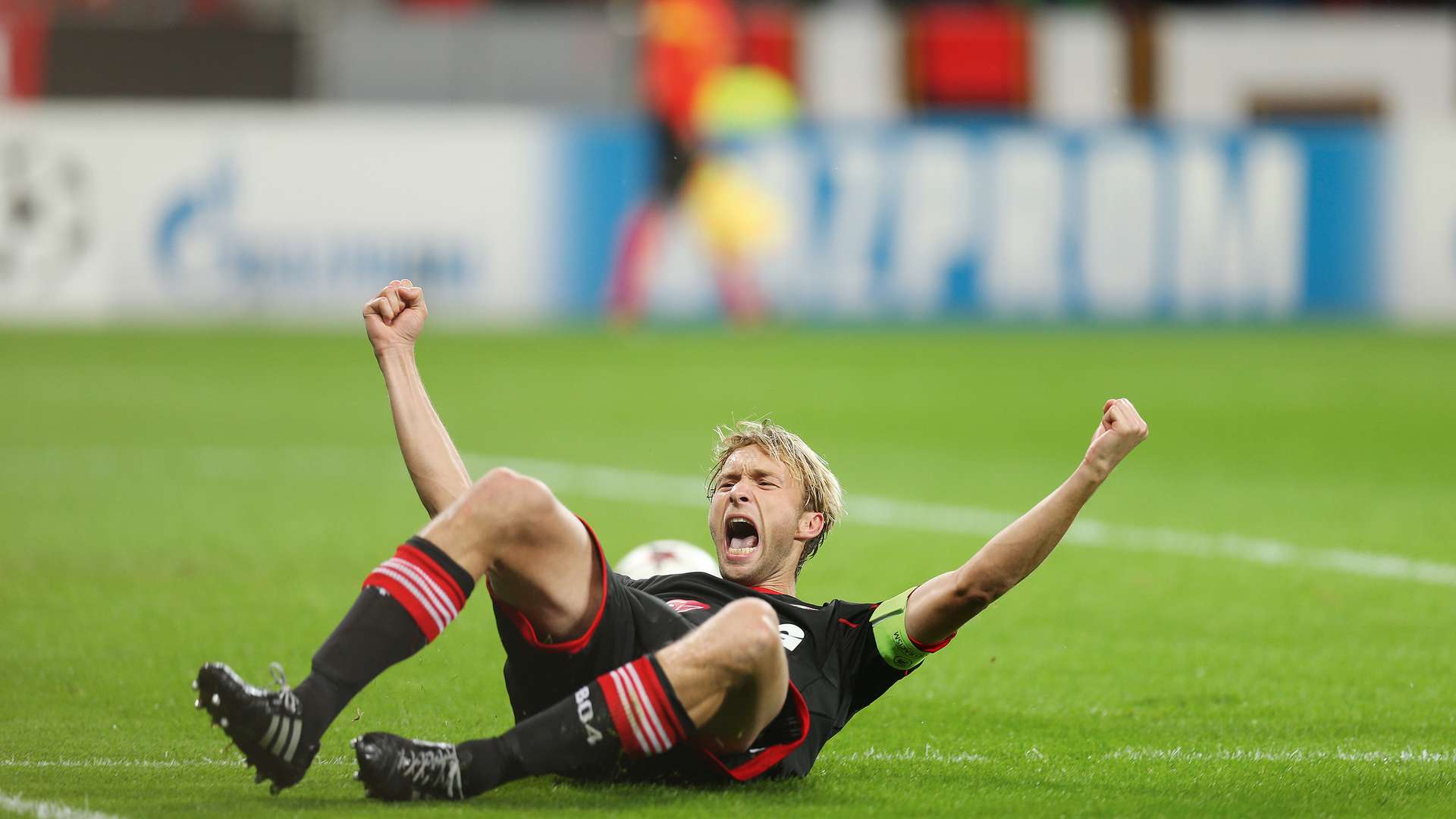
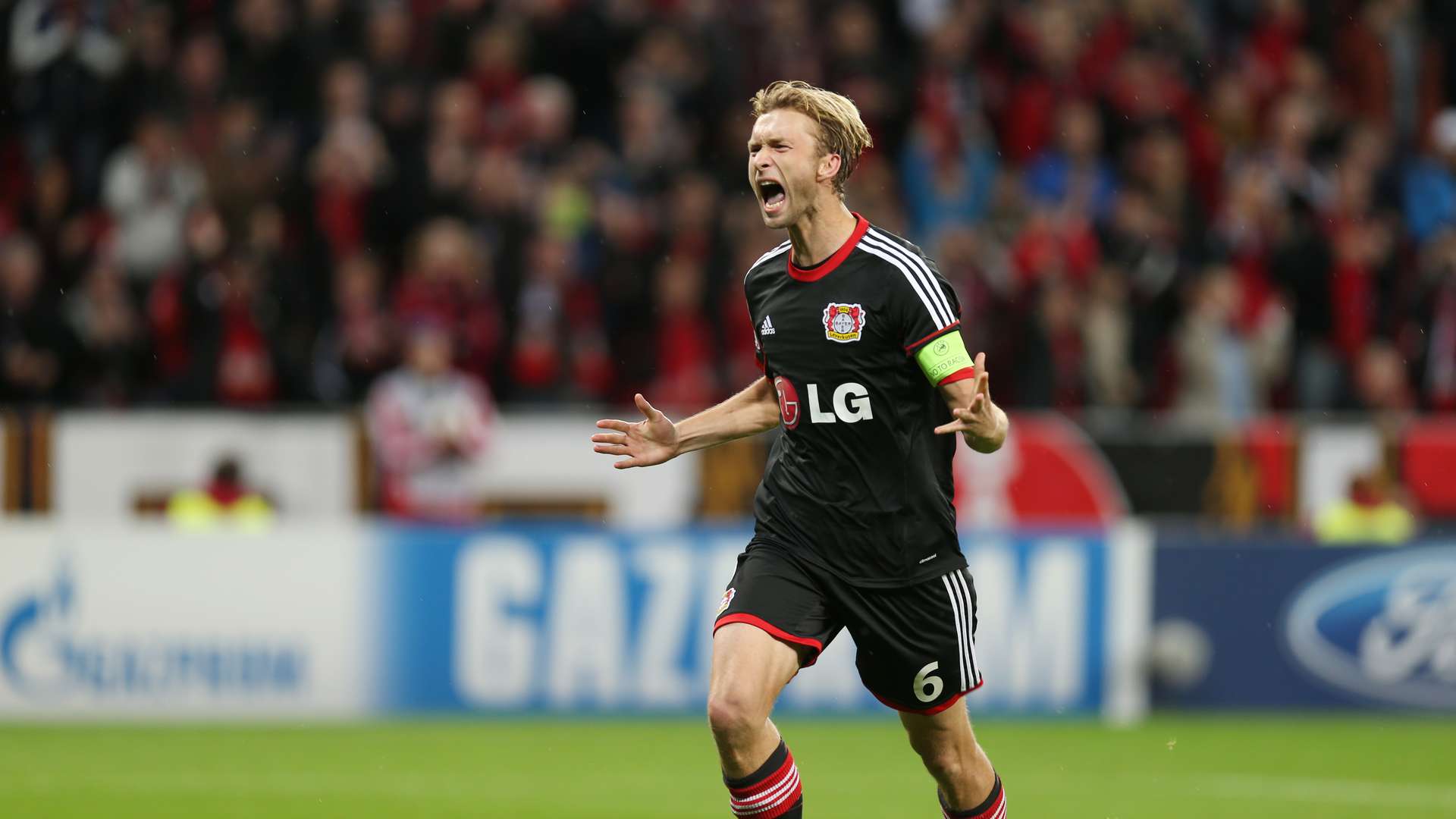
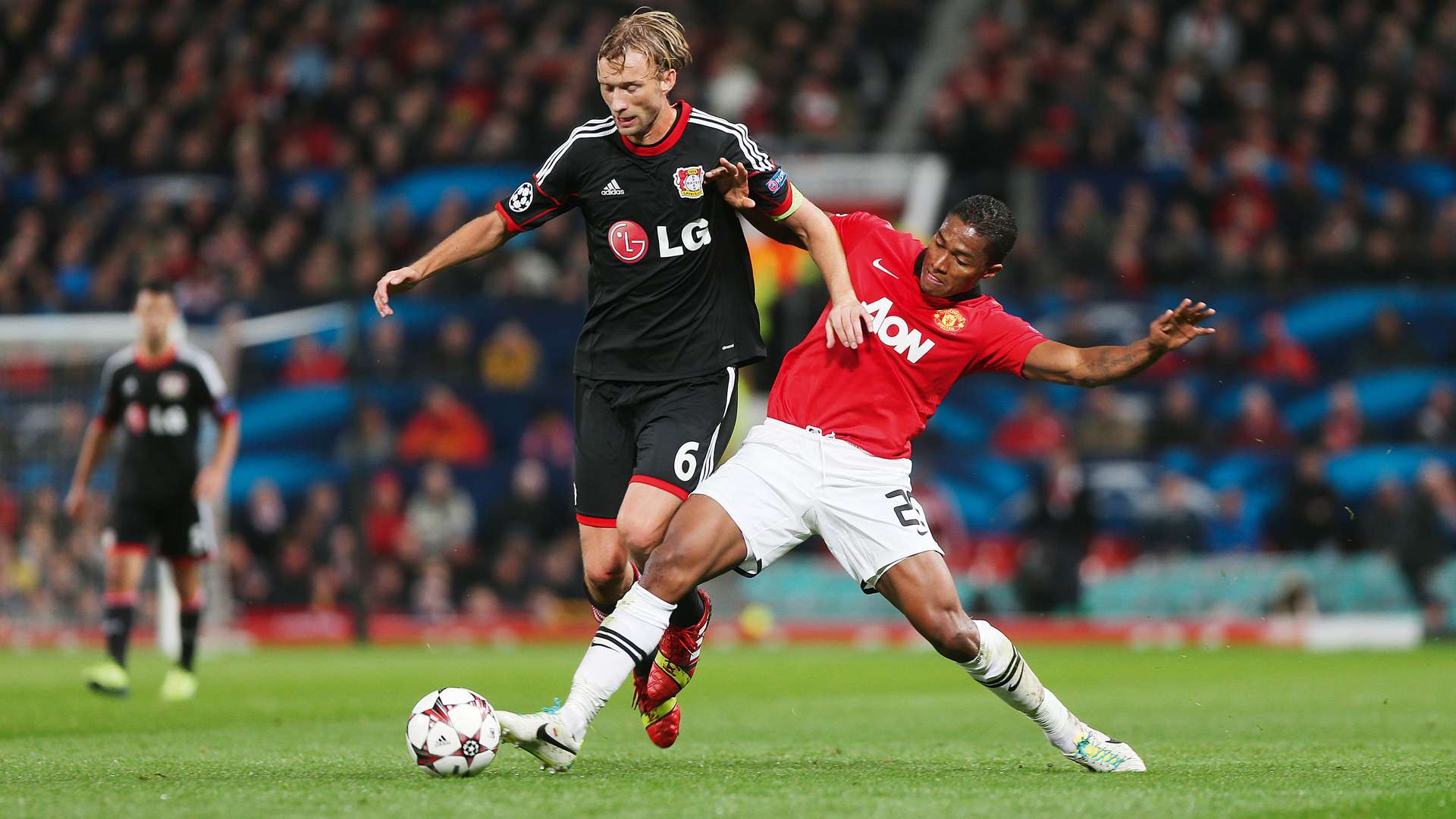
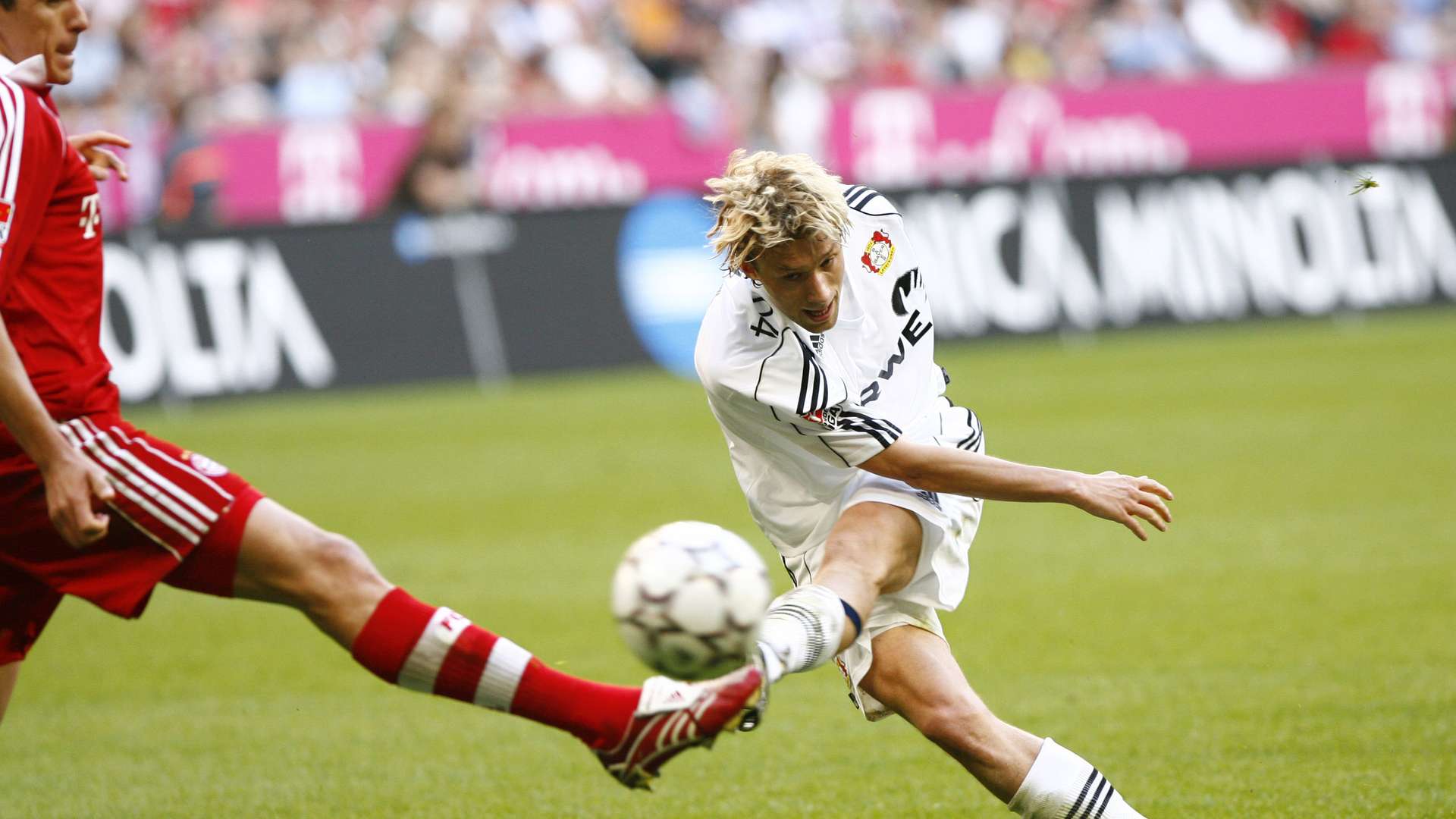
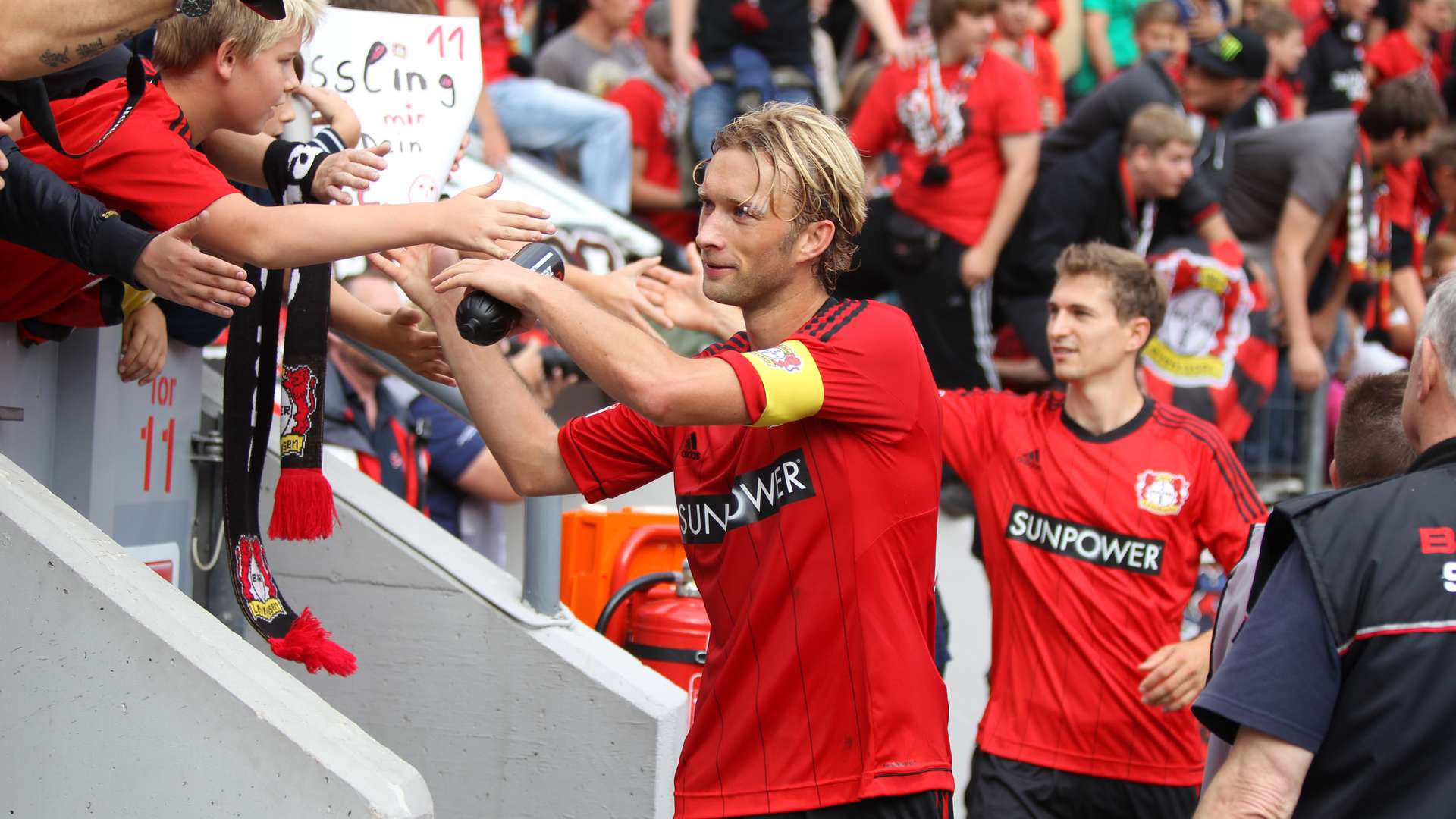
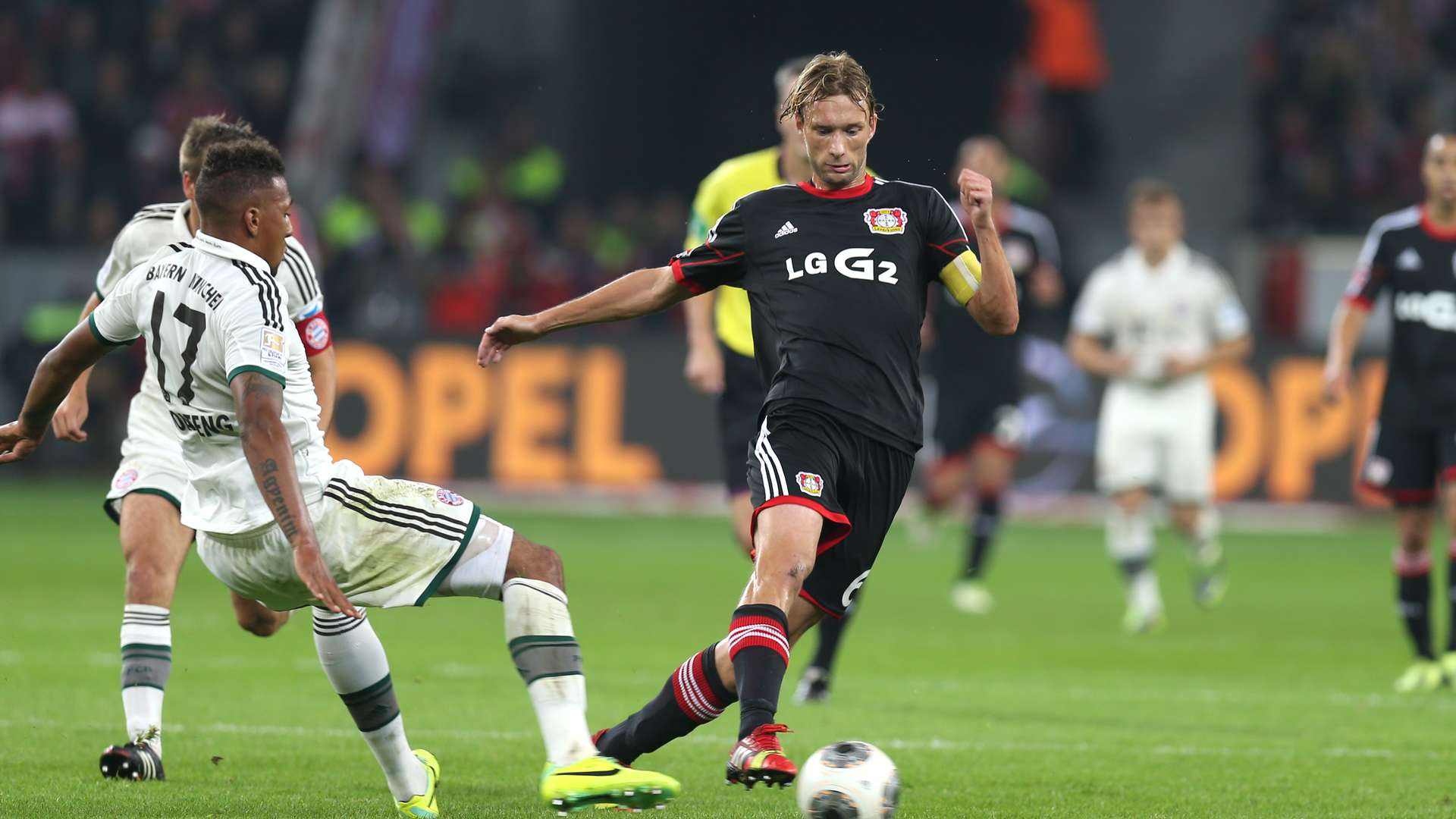
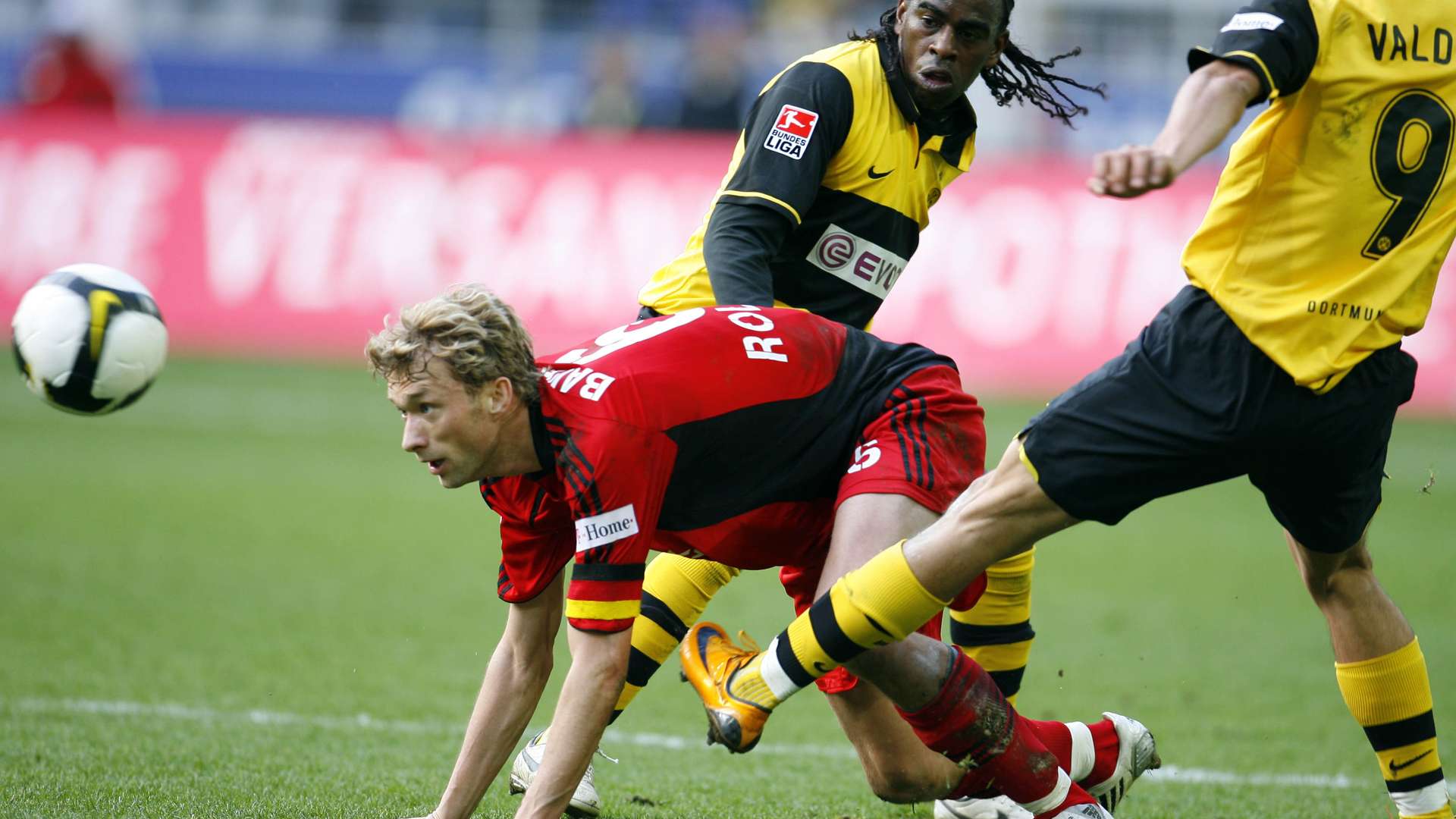
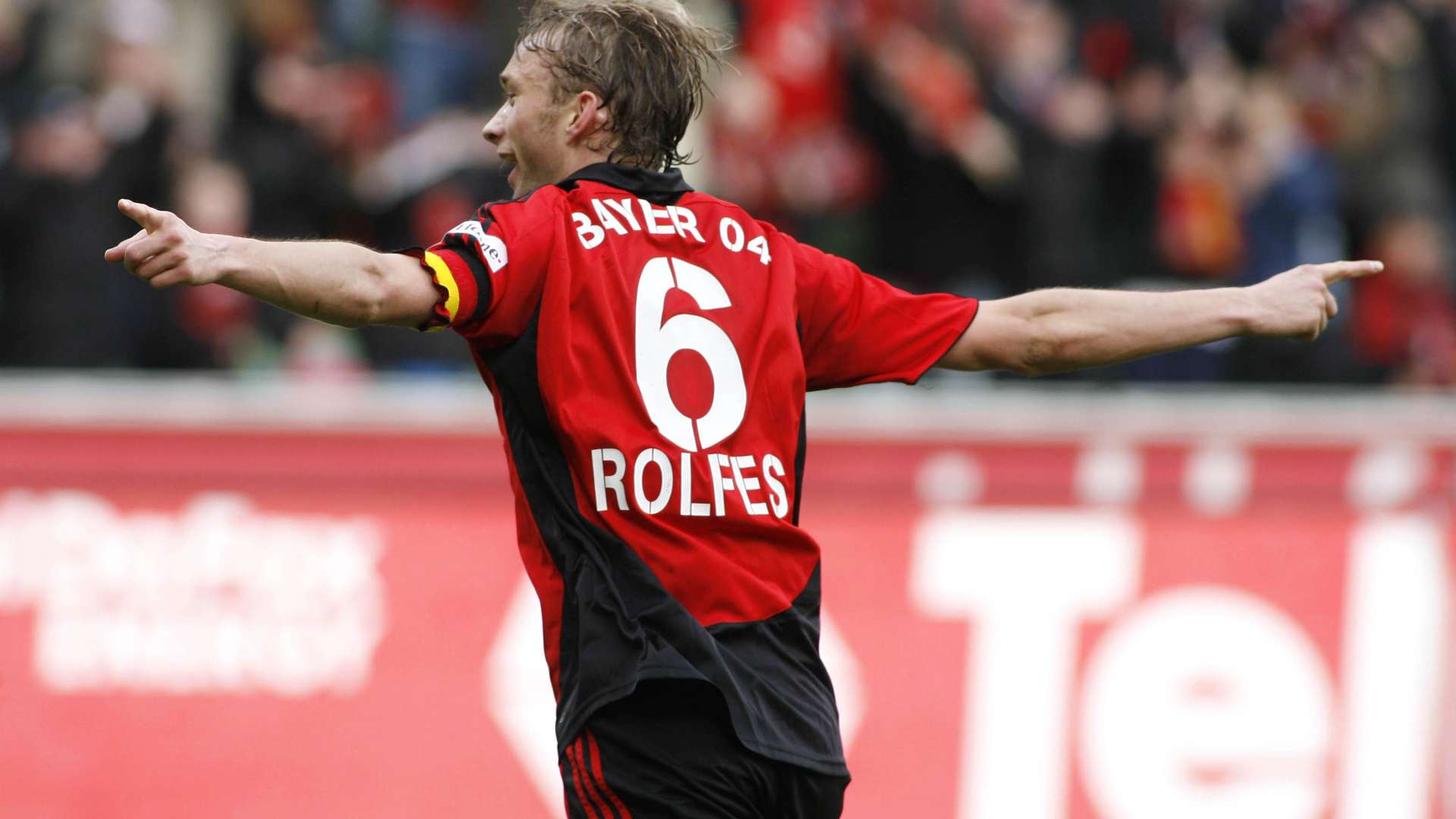
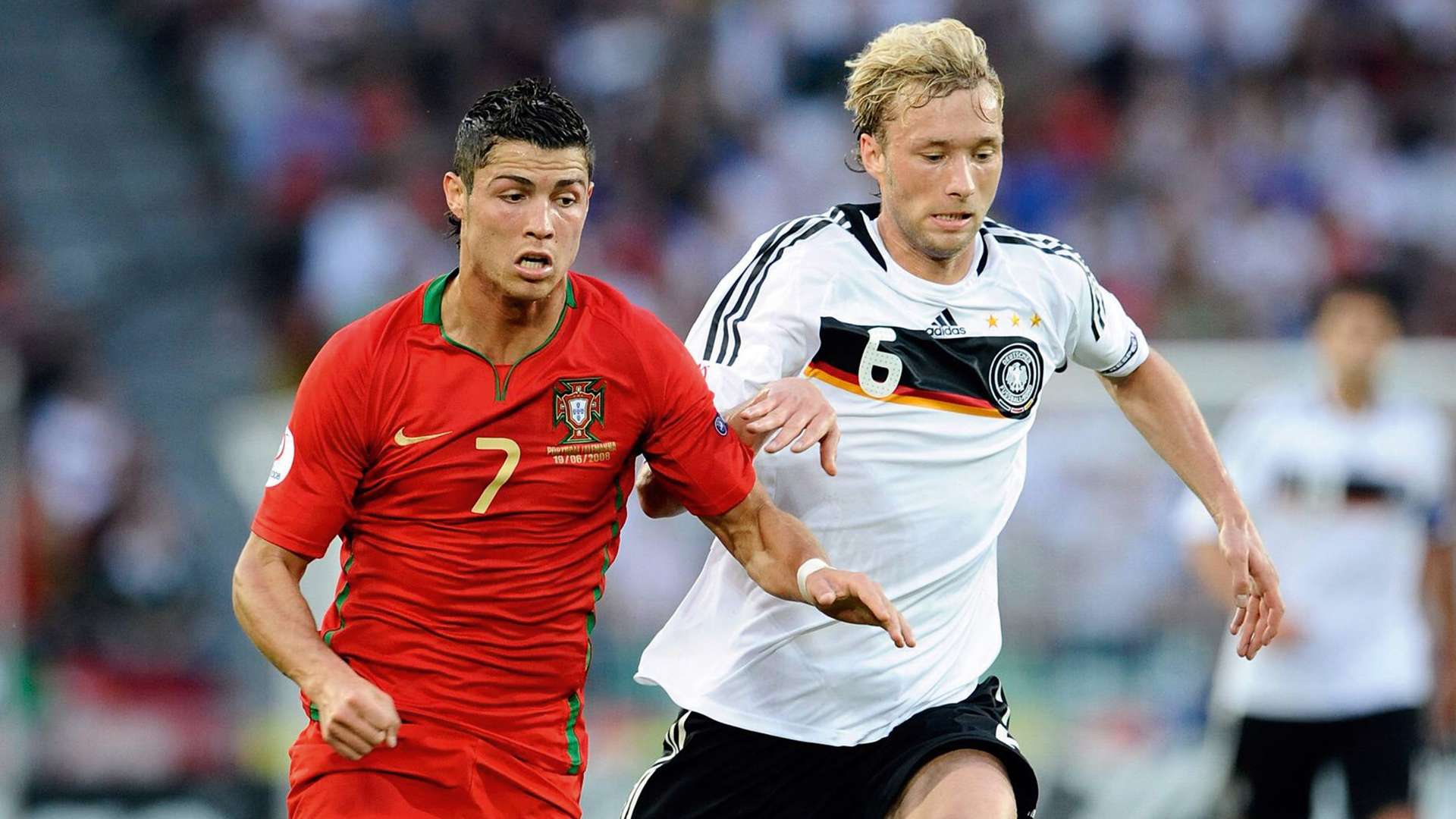
A highlight playing for Germany: Simon Rolfes up against Portugal's Cristiano Ronaldo at Euro 2008.
„It was mad, like in a film
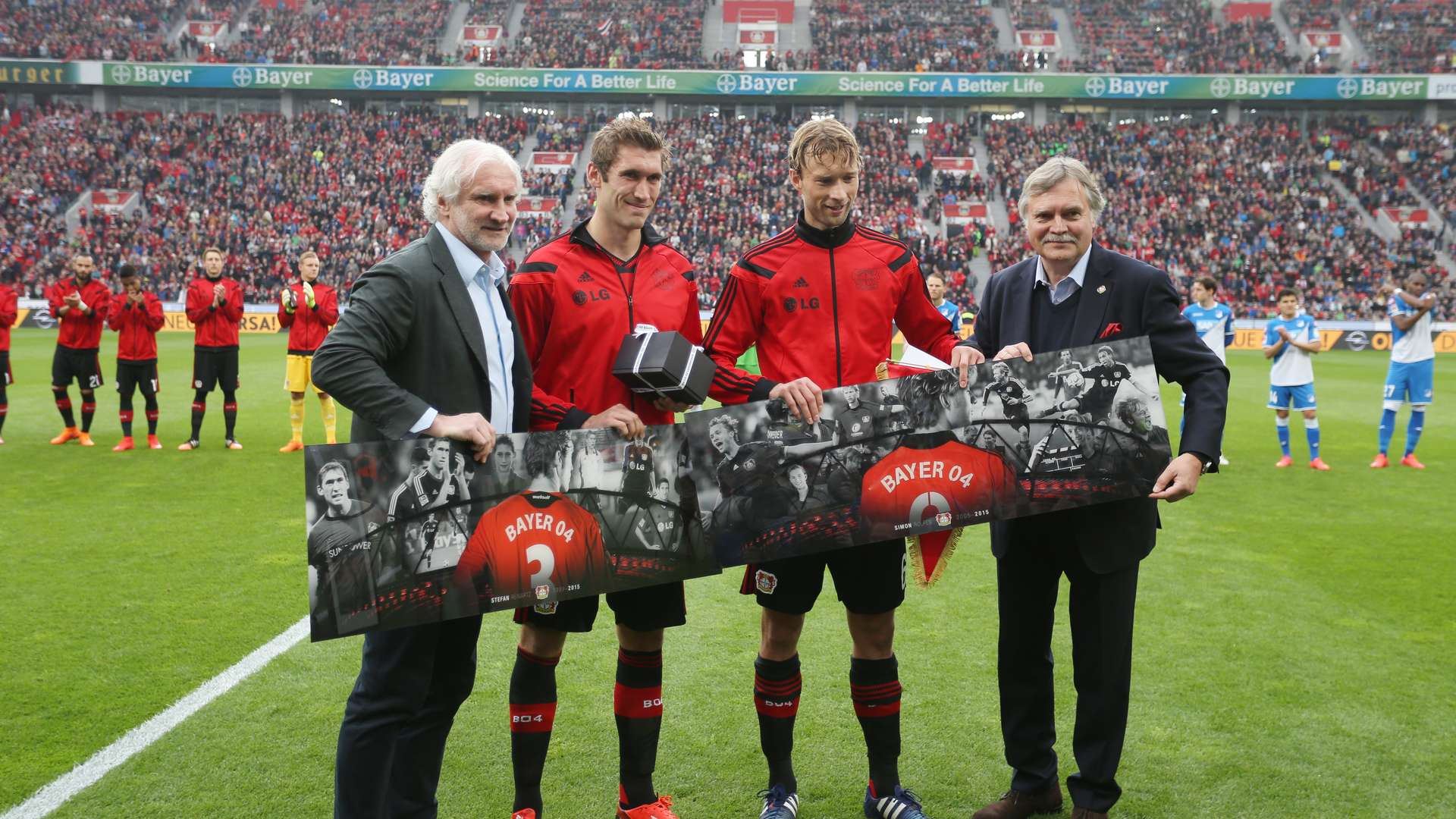
Farewell Simon: Rolfes (next to Stefan Reinartz) at his testimonial on 16 May 2015 with Rudi Völler and the then CEO Michael Schade.
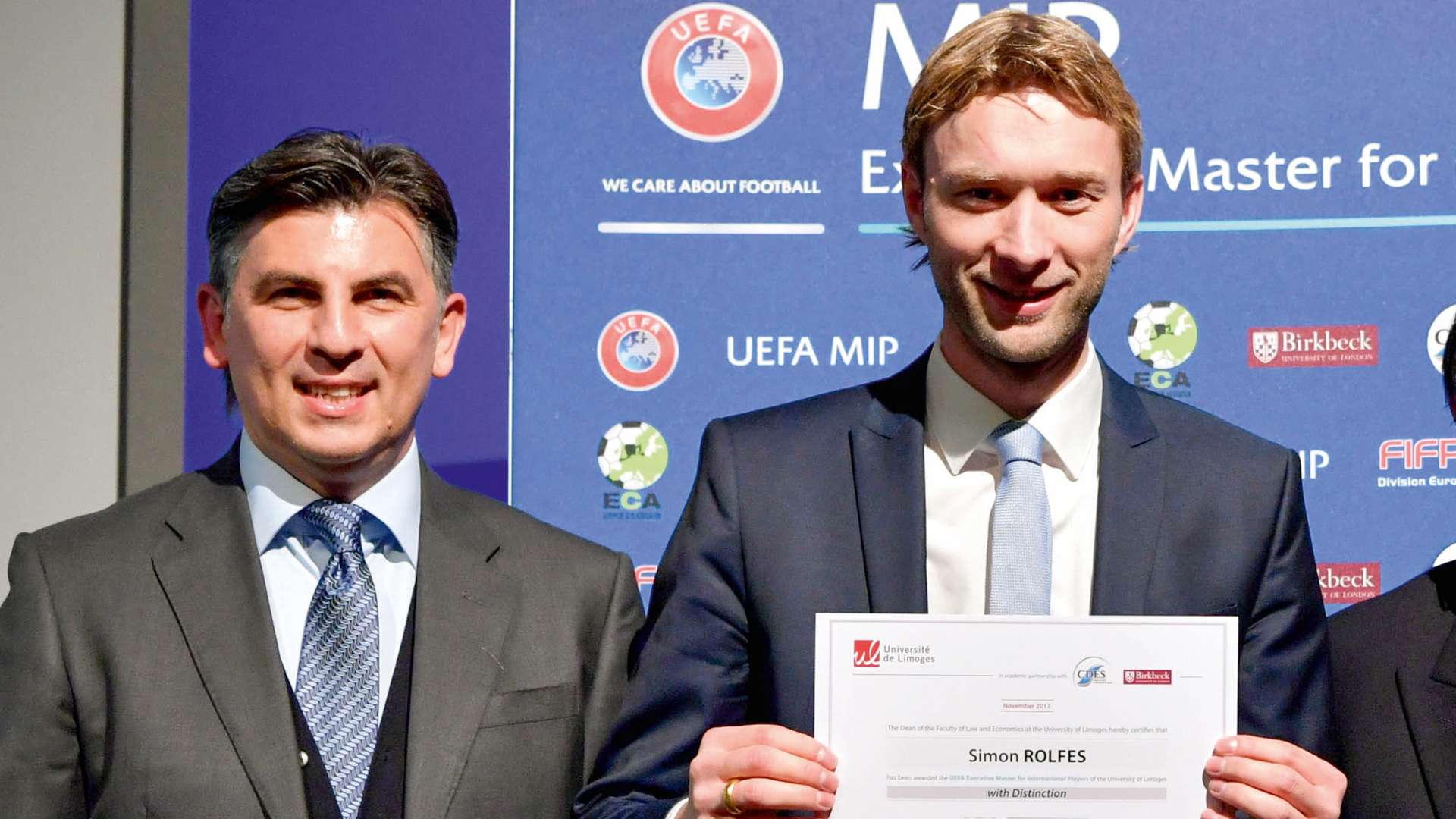
Congratulations on becoming a master: Simon Rolfes receives his UEFA diploma from Ioan Lupescu.
„It was always my intention to learn as much as possible to build up a solid base of knowledge and skills
